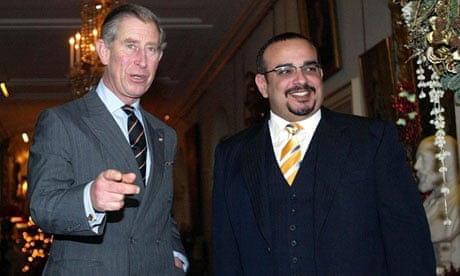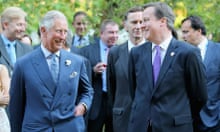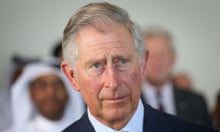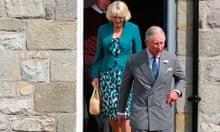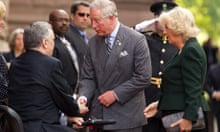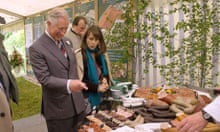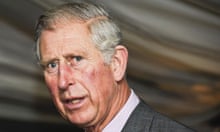Prince Charles has been accused of lending credibility to an autocratic regime accused of serious human rights abuses after his architecture charity signed a deal to advise Bahrain on a 4,000-home development.
The contract with the Manama government was agreed last month by the Prince's Foundation for Building Community and is being backed by the Foreign Office.
But opposition activists said it sends a message that the British royal family approves of the regime and so gives "a green light" to the government to continue human rights abuses.
The Bahrain monarchy has been engaged in a two-year battle against pro-democracy protesters who claim that 87 people, including 13 children, have died as a direct result of excessive use of force applied by the King's security forces.
The deal involves the foundation – which oversaw the construction of Poundbury, the Prince's faux-Georgian new town – in advising on homes in Bahrain's southern governorate and could be expanded to include more villages and towns.
Charles met the housing minister, Bassim bin Yacoub Al-Hamer, at Clarence House last month and a Foreign Office spokesman said the deal was "exactly the kind of support which Bahrain needs from its friends to help with reconciliation at grass-roots levels".
Ali Alaswad, a former MP and activist in the main opposition party Al Wefaq, said the contract "gives more support to the Bahrain regime which gives them a green light to continue abusing people".
He said members of the Shia community, who claim they are discriminated against by the Sunni-dominated government, face restrictions on living in the southern governorate.
Housing is a sensitive issue in Bahrain where human rights activists complain that around 30,000 people from the Shia population remain on housing waiting lists while priority is given to migrant workers who join the police and security forces from countries including India, Pakistan and Syria.
News of the deal came as the House of Commons foreign affairs select committee heard warnings from the campaign group Human Rights Watch that the UK government has overplayed the progress of democracy in Bahrain and has underestimated the severity of human rights abuses.
"Credible allegations of torture have been made in the last month," David Mepham, UK director of HRW, told the Guardian. "The UK should be pressing the Bahrainis to investigate those abuses and hold those people to account."
Asked why it had chosen to work with a regime that has a poor human rights record, a spokesman for Prince Charles's charity said: "This project aims to help all the communities that live in Bahrain and is in line with the objectives of the British government. The homes will be for local communities who will be consulted during the design process."
Since 2007, Prince Charles has hosted the Crown Prince of Bahrain three times at Clarence House, and the King of Bahrain once.
Following the Formula 1 grand prix race in April, 300 protesters have been arrested, pro-democracy demonstrations have been attacked by the police and people identified as anti-government activists were being tortured, said Said Yousif Al Muhafdha, head of monitoring at the Bahrain Centre for Human Rights.
"Nabeel Rajaab [a human rights activist imprisoned last July for two years] told me he witnessed himself personally torture in the prison yesterday," he said. "There are house raids on a daily basis and there are many injuries. There is a culture of impunity that we live in in Bahrain."
"Prince Charles should be ashamed," said Graham Smith, chief executive of Republic, the campaign for an elected head of state. "By orchestrating this immoral deal he is giving legitimacy to one of the world's most repressive regimes. The deal is already being used for PR purposes by the Bahraini royal family, helping to deflect attention from the human suffering and repression they're inflicting on their own people."
